In Fiche, many women make tella beer or areke, a spirit similar to Italian grappa, to supplement the family income. While caring for young children, tending the home and family land, they will boil and ferment barley and teff grain, gesho (local hops), kosso and other herbs in huge clay pots to make the traditional drinks for the tella houses in town. As well as being popular beverages, tella and arake are often administered medicinally or in combination with certain herbs to treat upset stomachs, worms or fever.
When Etse-Fewus ‘Healing Herbs’ Association members were asked recently ‘Who makes the best tella in town?’ – the answer was unanimous: A woman named Beletech is famous for her brew.
76-year-old Ato Abe, one of the group leaders and a respected local herbalist, confirmed he had sampled all the tella in Fiche.
“Belatech’s is by far the best,” he said. “Before she offers you the tella, she gives you two handfuls of injera (flat bread made of teff). Then, whenever I am in need of two handfuls of injera in my mouth, I go to her place!”
The discussion was part of a five day basic business skills course we organised in January with Ethiopian micro-enterprise organisation Women in Self Employment (WISE).
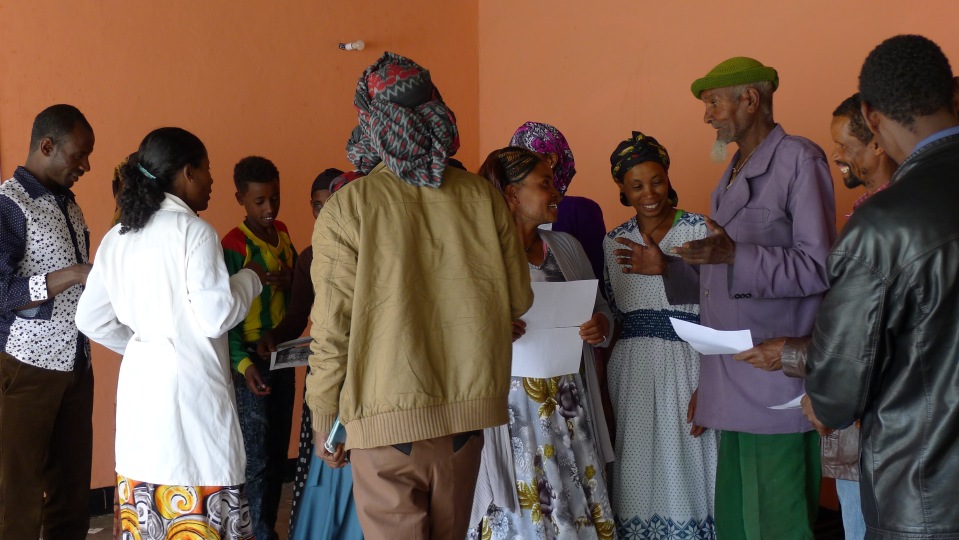
Etse-Fewus members completed a basic business skills course in Fiche with Ethiopian micro-enterprise organisation WISE.
WISE trainer Almitu Gemechew suggested an experiment: Some of the women were to bring a bottle of Beletech’s tella, as well as a glass or two of their own, so that Ato Abe could perform a blind taste test. He couldn’t tell one from the other.
“I was trying to give them a lesson about how to market their goods: What is the competition? What is their point of difference? What will make people buy their products over others?” Almitu explained. In the case of tella, it was as simple as a side of injera.
Botanica Ethiopia organised the training to support the Etse-Fewus Association to make the leap from herb cultivation and honey production to market. Most members do not read or write but WISE had developed a training package based on images and role play, which was being delivered with huge success to similar small enterprise groups all around Ethiopia. To date, WISE has supported more than 17,000 people, mostly poor women and girls, to develop their own livelihoods through partnerships with projects like ours.
In Fiche, all 17 Etse-Fewus members attended the course, which covered everything from financial management and legal requirements, to marketing and distribution, self-care, interpersonal and group relationships.
At the end of the five days, the Association had developed a business plan for their herb and honey operations and negotiated a set of regulations to govern the business and protect group harmony. Many members told us they felt motivated and more confident about next steps.
Ato Abe told Almitu he was ‘reborn’ by the training.
“I have a big land. So far all my kids are looking for my help, literally looking on my hand for assistance. I say I was reborn today because I now know that if I give them a little bit of that land, some of them can grow vegetables and sell bread there, they could make their own businesses and not expect to rely on me.
“Today, I learned a lot and in spite of my old age, I feel like I can do more. With the rest of my age and life, I just want to do something good,” he said.
As we shared dabo (damper-like bread) and sipped coffee with popcorn as part of the certificate ceremony on the final training day, other participants offered feedback:
“In the last five days of training our lives are changing. It’s priceless, this great knowledge. Based on this foundation, if we can use it well, we will end up somewhere big”- Workelamew
“This training is not only about business but it covers every part of life.” – Emaye
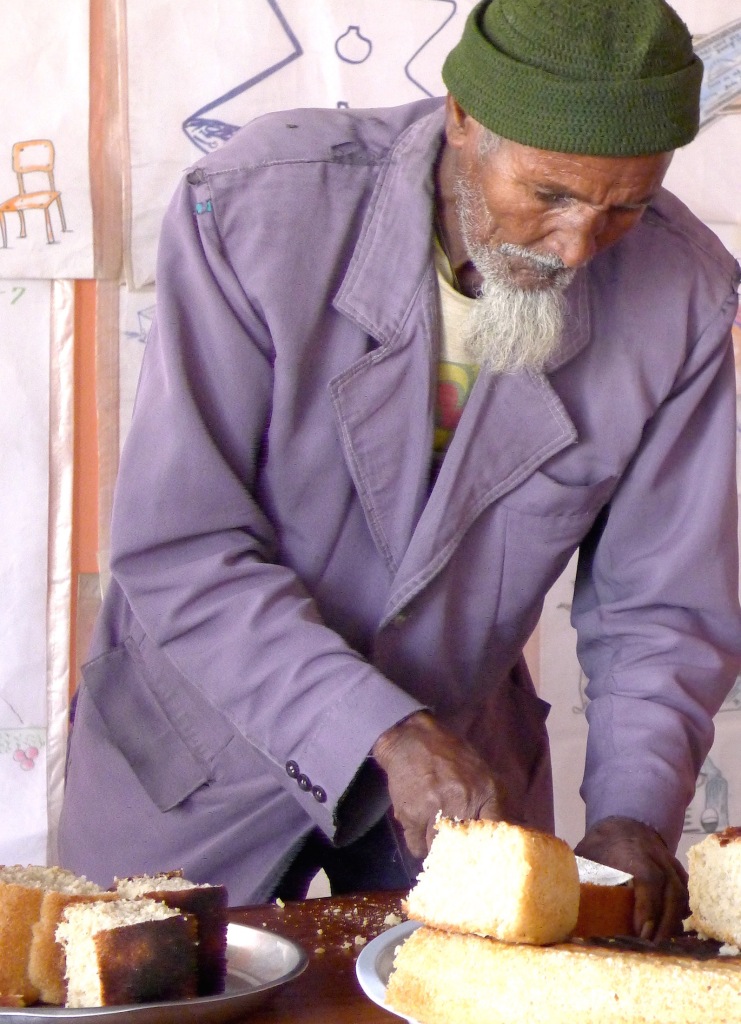
Ato Abe cutting the ceremonial dabo on the last day of training.
“To get this opportunity, I thank you. The training and education was more than we expected: It’s like she fed us with food about how we can enrich our lives, how we can change our futures.” – Shikerke’s son.
Botanica Ethiopia will continue to support the Etse-Fewus Association with more beehives and equipment to develop their business ideas and medicinal herb garden.
Later in the year, the group plan to have a stall selling their herbs and honey at one of the Entrepreneur Bazaars held by WISE in Addis Ababa.
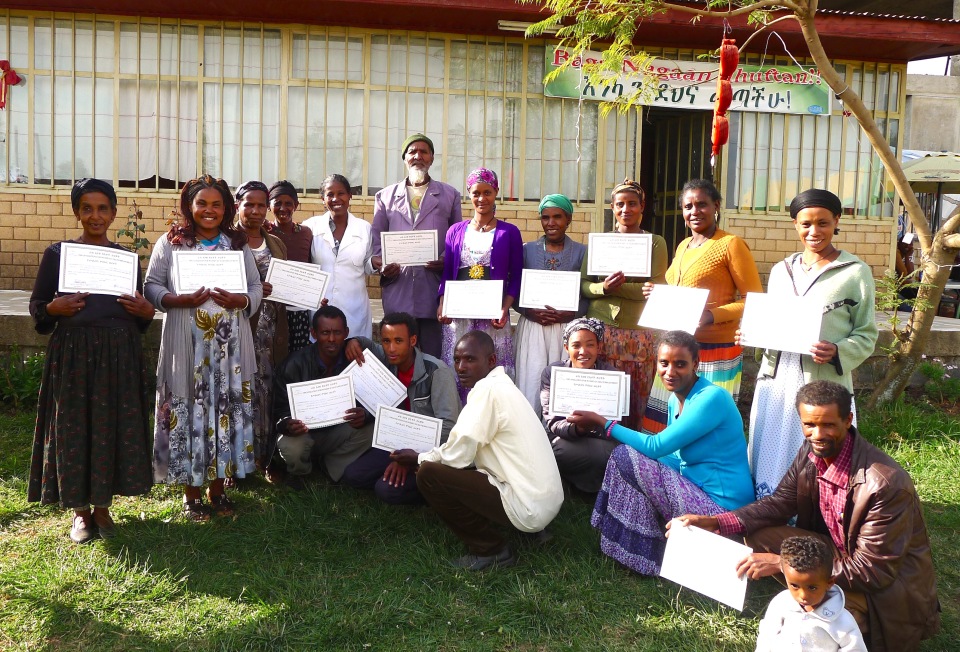
Etse-Fewus members with their Business course certificates
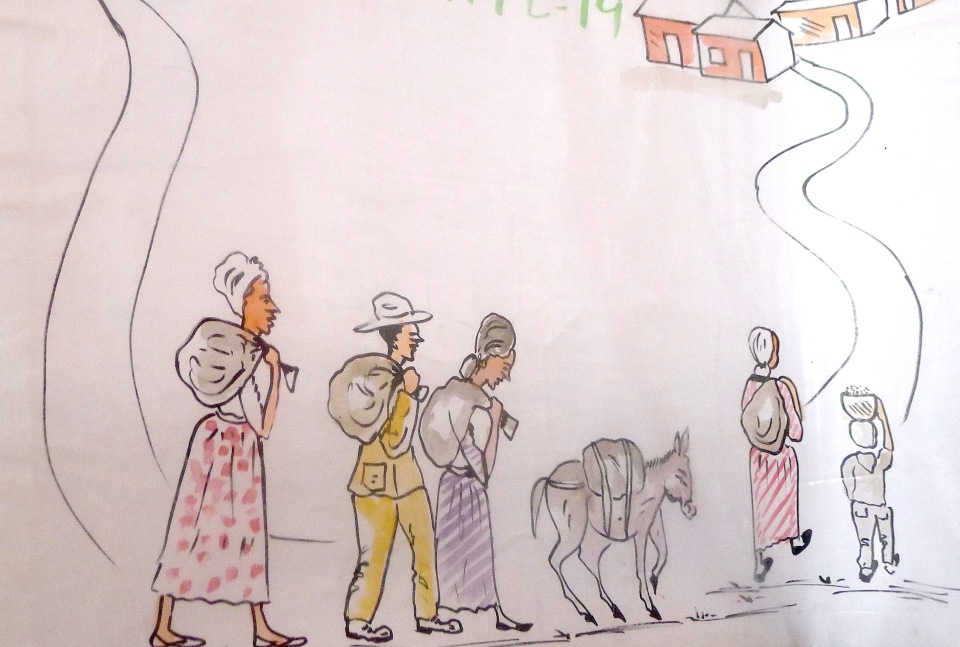
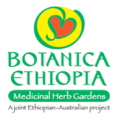





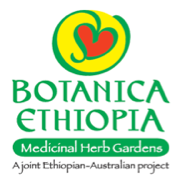


Pingback: All abuzz in Fiche | Botanica Ethiopia
Great ! Well done
Sent from my iPhone
>